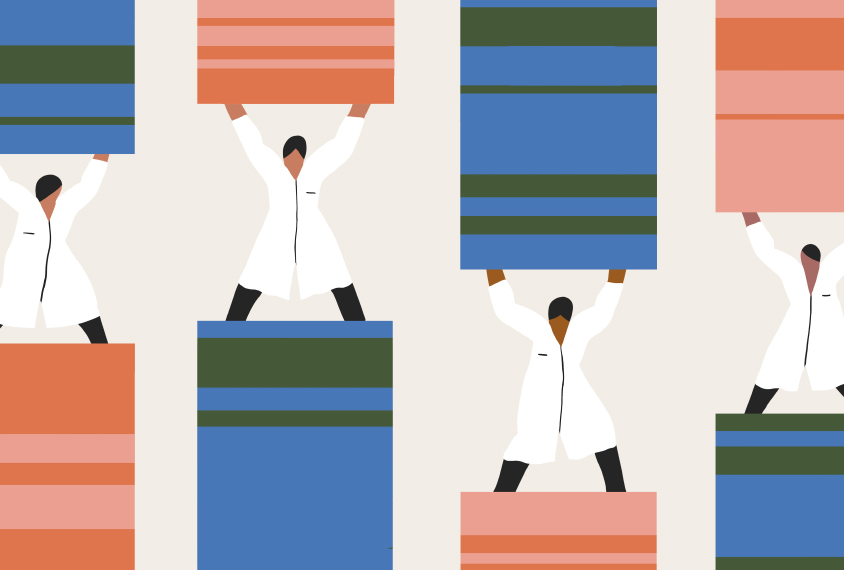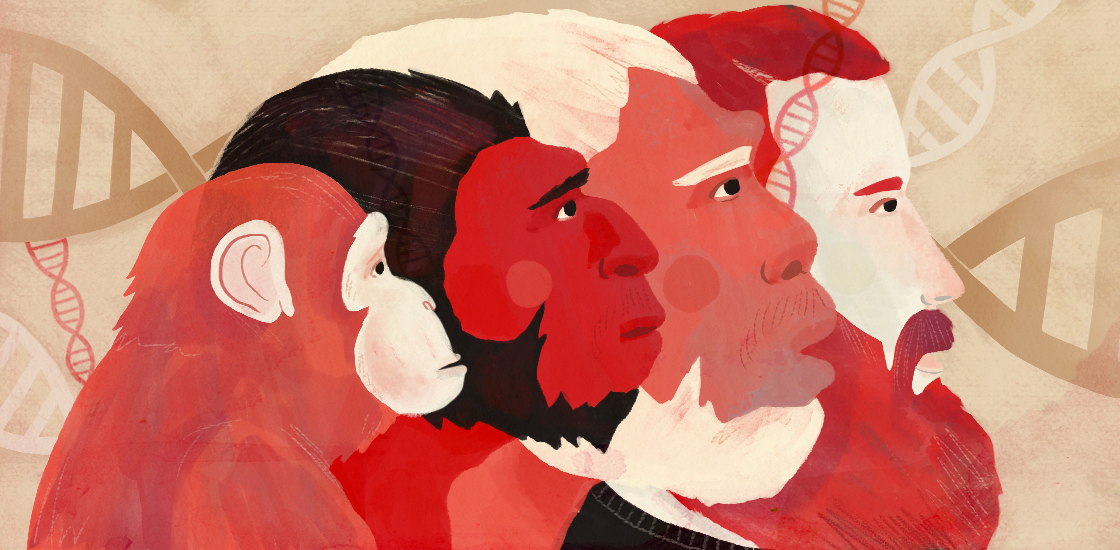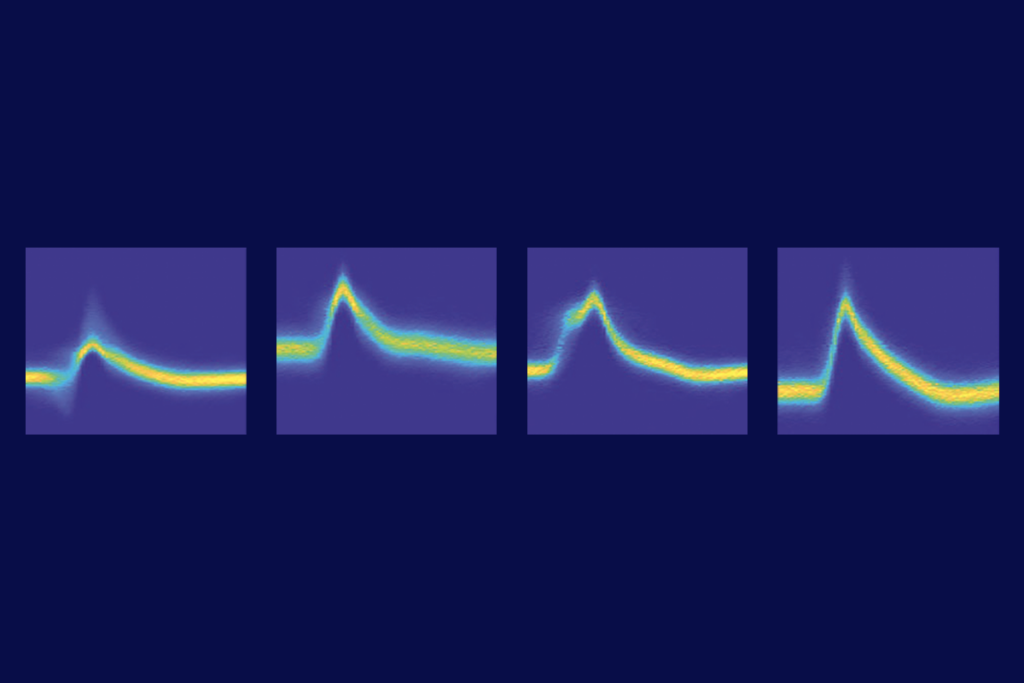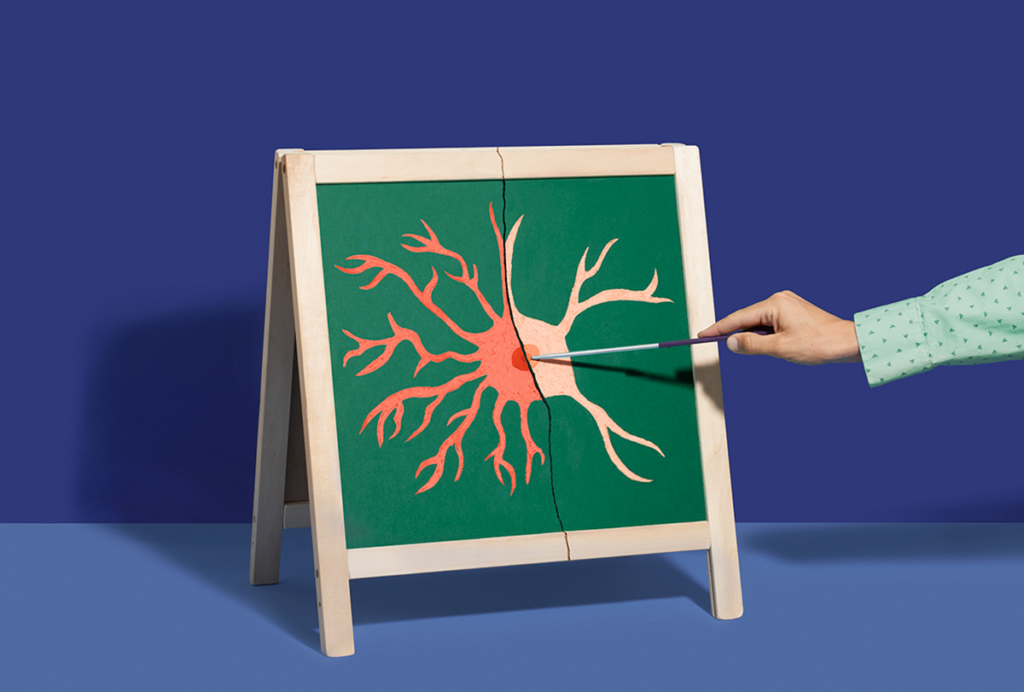
Evan Eichler
Professor of Genome Sciences
University of Washington
From this contributor
Autism and the complete human genome: Q&A with Evan Eichler
Scientists have at last filled in the missing gaps — an advance likely to inform every aspect of autism genetics research, Eichler says.

Autism and the complete human genome: Q&A with Evan Eichler
Remembering Steve Warren (1953-2021): A giant in the field of genetics
Steve Warren co-discovered the genetic mechanism that underpins fragile X syndrome and was a generous, inspiring mentor to many.

Remembering Steve Warren (1953-2021): A giant in the field of genetics
Questions for Evan Eichler: An evolving theory of autism
A gene that raises the risk of autism in some people may also give humans an evolutionary boost.

Questions for Evan Eichler: An evolving theory of autism
Explore more from The Transmitter
INSAR takes ‘intentional break’ from annual summer webinar series
The International Society for Autism Research cited a need to “thoughtfully reimagine” its popular online program before resuming it in 2026.

INSAR takes ‘intentional break’ from annual summer webinar series
The International Society for Autism Research cited a need to “thoughtfully reimagine” its popular online program before resuming it in 2026.
Null and Noteworthy: Neurons tracking sequences don’t fire in order
Instead, neurons encode the position of sequential items in working memory based on when they fire during ongoing brain wave oscillations—a finding that challenges a long-standing theory.

Null and Noteworthy: Neurons tracking sequences don’t fire in order
Instead, neurons encode the position of sequential items in working memory based on when they fire during ongoing brain wave oscillations—a finding that challenges a long-standing theory.
How to teach this paper: ‘Neurotoxic reactive astrocytes are induced by activated microglia,’ by Liddelow et al. (2017)
Shane Liddelow and his collaborators identified the factors that transform astrocytes from their helpful to harmful form. Their work is a great choice if you want to teach students about glial cell types, cell culture, gene expression or protein measurement.

How to teach this paper: ‘Neurotoxic reactive astrocytes are induced by activated microglia,’ by Liddelow et al. (2017)
Shane Liddelow and his collaborators identified the factors that transform astrocytes from their helpful to harmful form. Their work is a great choice if you want to teach students about glial cell types, cell culture, gene expression or protein measurement.